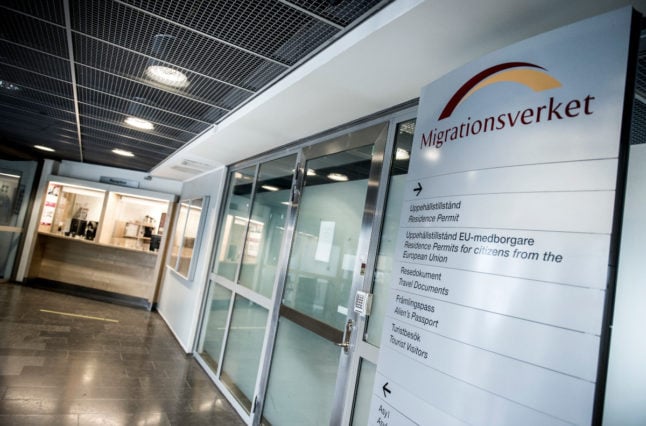Murhaf, 12, was one of many youngsters who sold Majblommor (“May flowers”) pins last year for one of Sweden’s most well-known charity campaigns.
Sales didn’t go well at first for the boy, with adults treating him rudely and trying to get him to move on from public areas.
But that changed when a friend of his mother’s posted about the racist comments he had received. Her post went viral, sparking a wave of public support for the boy.
In the end, he raised a record-breaking 5,002,655 kronor for the charity, with Prime Minister Ulf Kristersson among several prominent politicians and public figures who bought his flower pins.
Under the Majblommor scheme, the child sellers get to keep ten percent of what they raise. Murhaf, who was born in Sweden to Ethiopian asylum-seeking parents, told Swedish public broadcaster SVT at the time that he wished he could have used the money to buy a residence permit.
The family had unsuccessfully applied for asylum, but were still stuck in Sweden as Ethiopia refused to accept them, so Murhaf and his siblings were living in Sweden without papers.
But in an Instagram post on Saturday the Fridh Advokatbyrå law firm announced that Murhaf and his family have now been granted residence permits “chiefly due to Murhaf’s strong connection to Sweden”.
In the same post, the firm criticised tighter Swedish rules on children in Murhaf’s situation.
“Today it takes around 14 years of living without papers for a child to establish a special connection to Sweden, which in the best case can lead to a residence permit. The fact that so many children have to live in a vulnerable situation for so long in Sweden says something about the Swedish state’s view on what’s ‘best for the child’,” it wrote.



 Please whitelist us to continue reading.
Please whitelist us to continue reading.
Member comments